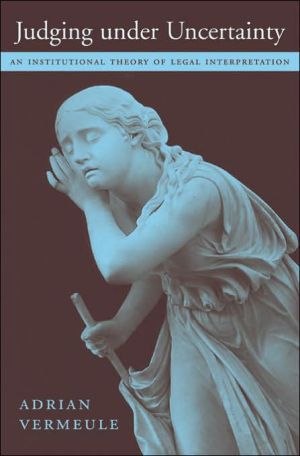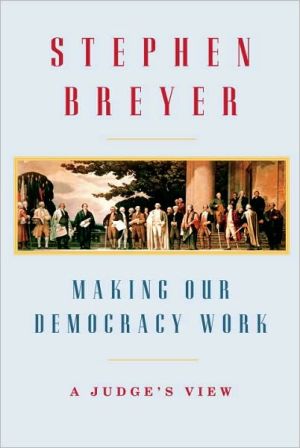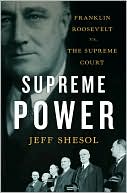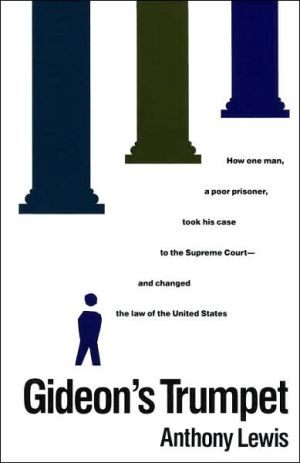Judging under Uncertainty: An Institutional Theory of Legal Interpretation
How should judges, in America and elsewhere, interpret statutes and the Constitution? Previous work on these fundamental questions has typically started from abstract views about the nature of democracy or constitutionalism, or the nature of legal language, or the essence of the rule of law. From these conceptual premises, theorists typically deduce an ambitious role for judges, particularly in striking down statutes on constitutional grounds. In this book, Adrian Vermeule breaks new ground...
Search in google:
How should judges, in America and elsewhere, interpret statutes and the Constitution? Previous work on these fundamental questions has typically started from abstract views about the nature of democracy or constitutionalism, or the nature of legal language, or the essence of the rule of law. From these conceptual premises, theorists typically deduce an ambitious role for judges, particularly in striking down statutes on constitutional grounds. In this book, Adrian Vermeule breaks new ground by rejecting both the conceptual approach and the judge-centered conclusions of older theorists. Vermeule shows that any approach to legal interpretation rests on institutional and empirical premises about the capacities of judges and the systemic effects of their rulings. Drawing upon a range of social science tools from political science, economics, decision theory, and other disciplines, he argues that legal interpretation is above all an exercise in decisionmaking under severe empirical uncertainty. In view of their limited information and competence, judges should adopt a restrictive, unambitious set of tools for interpreting statutory and constitutional provisions, deferring to administrative agencies where statutes are unclear and deferring to legislatures where constitutional language is unclear or states general aspirations. J. E. Finn - Choice This is an important book, different in both scope and methodology from ordinary works in interpretation in its ambition...and its willingness to borrow from a wide range of academic disciplines.
IntroductionI. Critique1. Interpretation without Institutions2. Dynamism and Pragmatism: A Tale of Two NirvanasII. Reconstruction3. The Institutional Turn4. Judicial Capacities: A Case Study5. Systemic Effects and Judicial Coordination III. Applications6. Judging under Uncertainty7. Statutory Interpretation8. Judicial Review and Constitutional InterpretationConclusion: Interim Interpretive TheoryNotesIndex
\ ChoiceThis is an important book, different in both scope and methodology from ordinary works in interpretation in its ambition...and its willingness to borrow from a wide range of academic disciplines.\ — J. E. Finn\ \ \ \ \ \ Law & Social InquiryThis work of legal theory critiques the conceptual approach that derives the scope of judicial power from abstract principles of constitutionalism or democracy. Rejecting this framework, Vermeule argues that any legal interpretation rests on institutional premises about the effects of decisions and the abilities of judges. The book is divided into three sections: critique, reconstruction, and application of the new institutionalist theory. Because of the extreme uncertainty and limited information involved in judicial decision making, the author contends that the best decision-making system is restrictive and deferential to administrative agencies and legislatures in ambiguous scenarios.\ \ \








